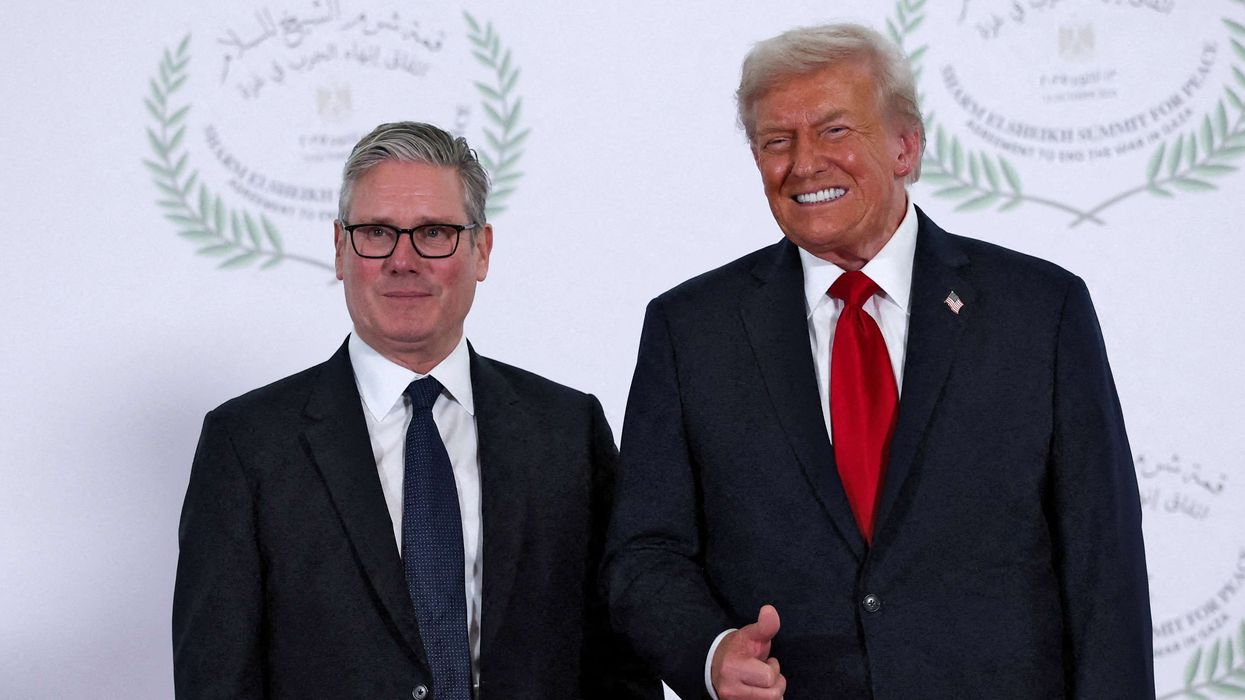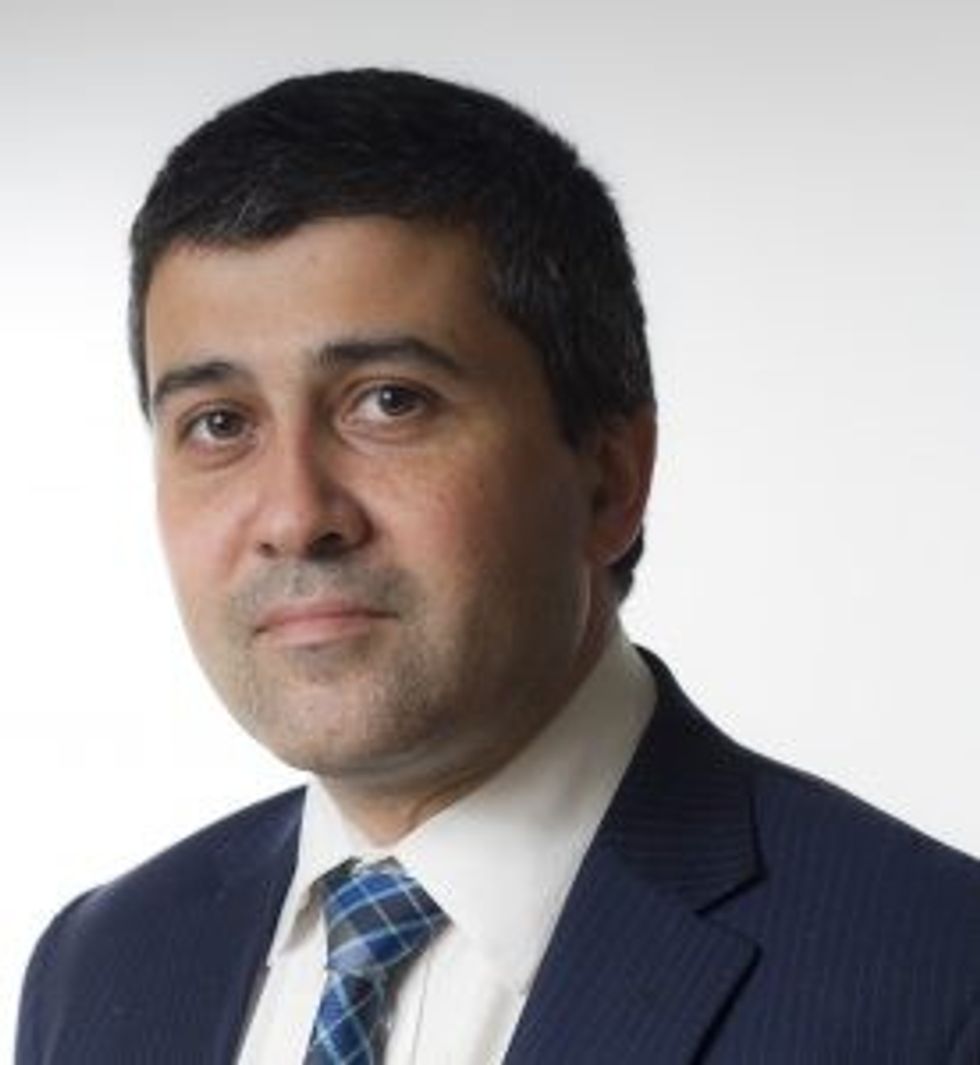by ANDY STREET
Mayor of the West Midlands
THE Migration Advisory Council (MAC) is reviewing the Shortage Occupation List (SOL), and
will be publishing the new list this spring.
I want the West Midlands to be the best place to do business and know the immigration white paper and SOL can help the economy grow sustainably over the next few decades.
I know the MAC will be thinking carefully about what occupations we need skilled labour for in the West Midlands. As the region’s mayor, responsible for skills, I am investing heavily into construction and digital skills for our young people; and our adult education budget is also focusing on digital skills needed for a new era of work.
Thanks to the skills deal we signed with the government last year, we are beginning to future proof our economy and upskill people in the West Midlands. In any immigration debate, it is fundamental to ask – why do we need to import labour from abroad for particular sectors and how can we adjust our supply of labour to meet that need internally?
A national issue is the NHS and the severe shortage of trained healthcare staff in our hospitals and GP surgeries. The MAC will know this is an issue around the country, and by bringing in skilled talent from around the world, we can fill this gap in the short term until more home-grown talent can be developed in this sector. Given the huge training time for our medical staff in the short term, we will need to rely on talented labour from abroad to help care for our population in sickness and old age.
Institutions in the West Midlands, particularly Birmingham City University, are stepping up to the challenge of the shortage of nurses. When I met the Royal Wolverhampton NHS Trust in February, they said because of the strong relationship with the University of Wolverhampton, they are confident about their current and future workforce.
Our universities are also working hard on skills gaps in our high growth areas. If you look at the Warwick Manufacturing Group and the University of Warwick, you can really see how industry and higher education institutions can work together to make a difference to our productivity and skills.
I should also say that high-skilled jobs aren’t always in technology and medicine. I have previously written to MAC about the decline of the curry industry in the West Midlands. The £30,000 required to procure a skilled chef from another country is high for many curry houses, and most are struggling to balance the traditional low prices with increasing costs of labour. Our colleges haven’t been fast in responding to this issue in both traditional curry houses and in the Chinese restaurant industry, which is facing a similar issue. As well as occupations, the immigration white paper is also looking at other types of migration.
Indeed, I have always said that students should not be included in our migration statistics as they are often here on a short-term basis and their contribution to the economy can’t be evaluated in the same way as the GVA of an engineer from India. People often forget students pay fees to come here, and spend money on tourism, shopping, leisure and rent for the years when they are learning at our higher education institutions. Furthermore, when they return home, they become ambassadors for the UK.
The net economic impact of international students to the West Midlands was £1.95 billion in
2015-16. For our universities, fee income from overseas students is critical to their financial health, allowing them to invest in their estate, in jobs, in courses enjoyed by home students and in cuttingedge teaching and research facilities.
The West Midlands economy is a great example of professionals working together to create worldclass products and services. Not only JLR [Jaguar Land Rover] but also firms like Enzen, Megitt, Bosch and Liberty Steel have got the best international talent working on their projects.
I hope the SOL and the immigration white paper will take account of what is happening here so we can continue the West Midlands growth post Brexit and beyond. As we are moving to the end of free movement, it is more important than ever before.












